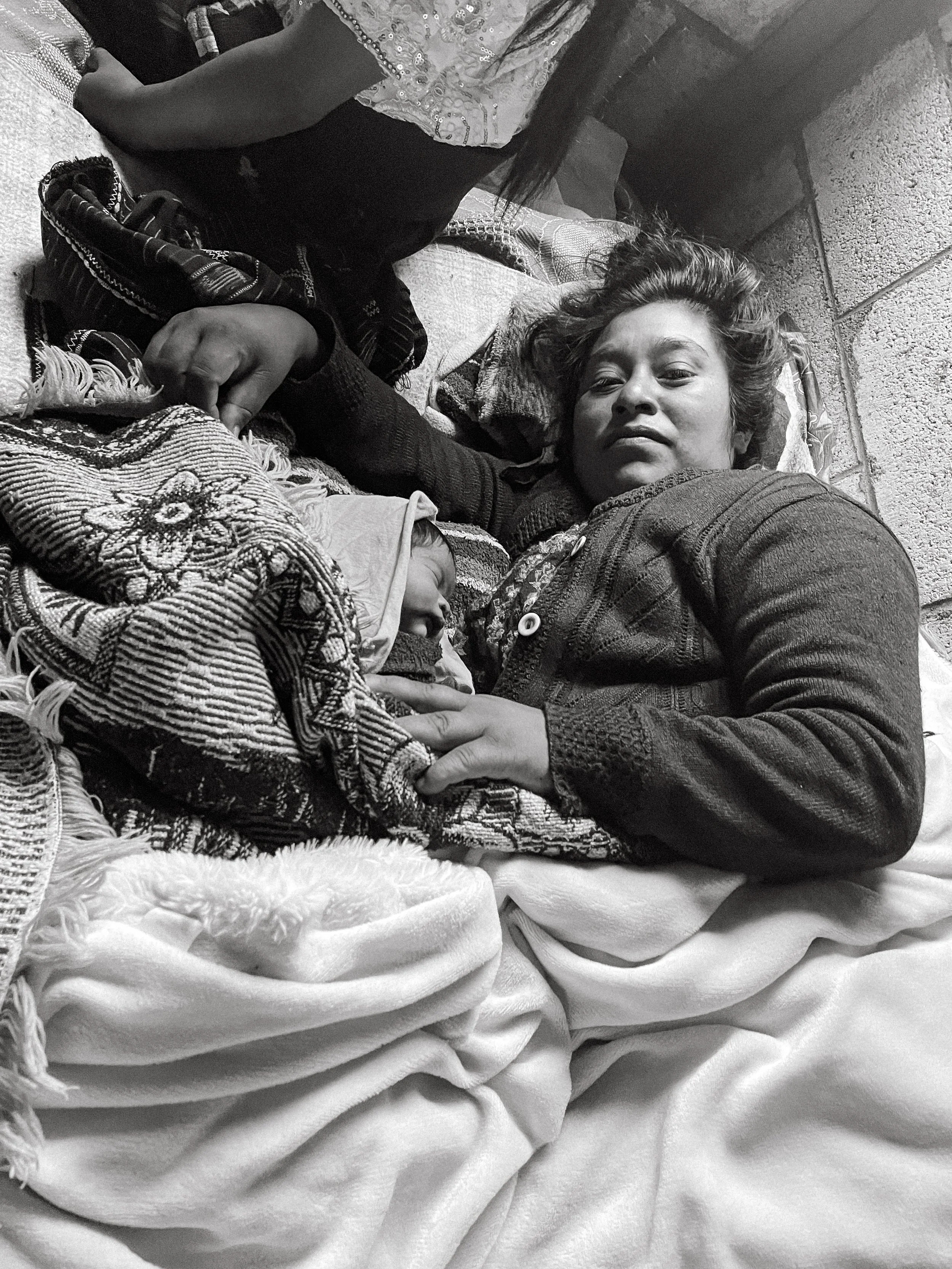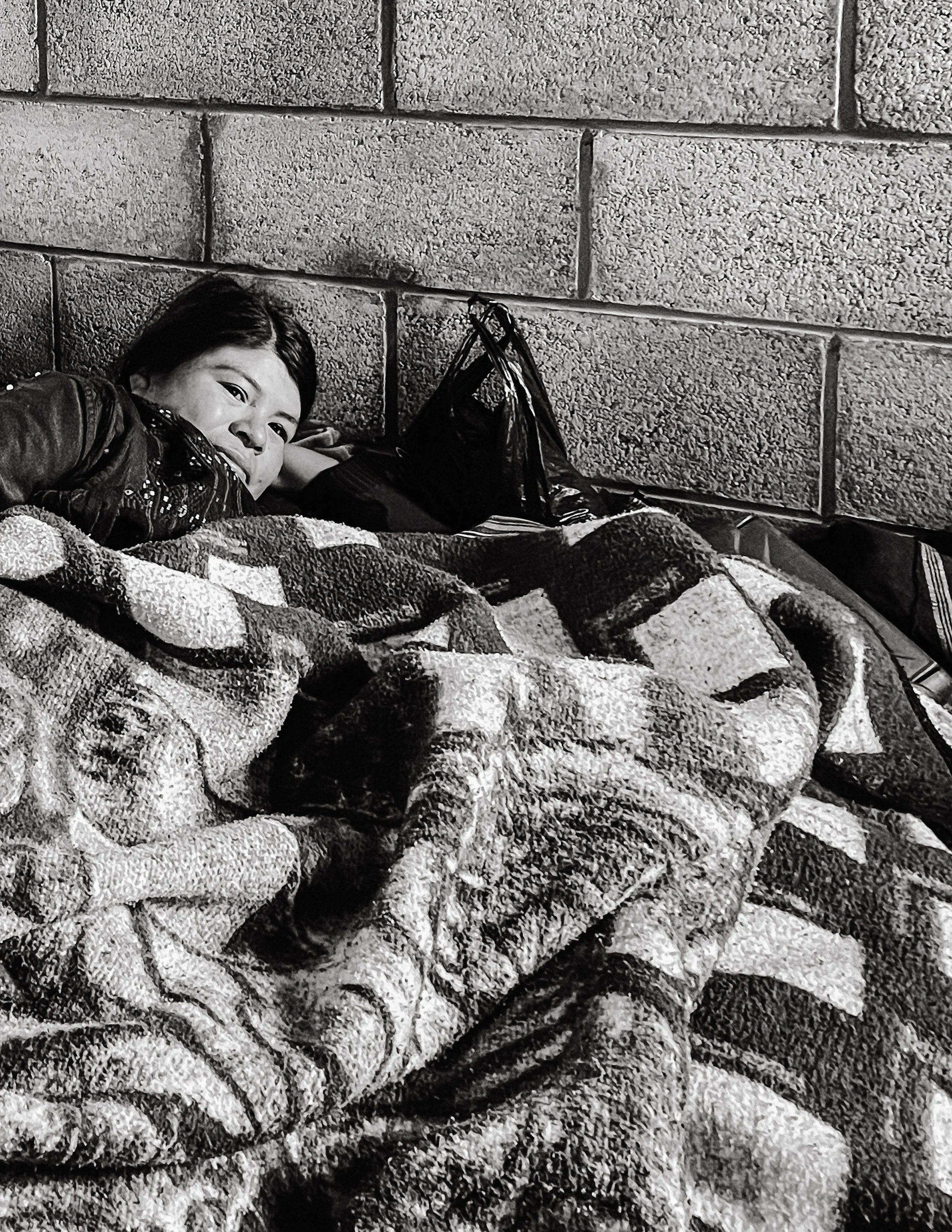Challenges in Maternal and Neonatal Health
The health of pregnant women in communities in the western highlands of Guatemala faces significant challenges. Although midwives are the main resource for childbirth care, their capacity is limited by factors that affect the quality of prenatal care and the early detection of complications.
Limited Access to Health Services
The timely identification of complications during pregnancy is crucial, however, the shortage of health services and the lack of supplies and medications restrict access to necessary care. Furthermore, care in the native language and the lack of culturally relevant approaches deteriorate trust in the health system, perpetuating a critical context for maternal health in these communities.
Hypertension and Preeclampsia: An Emerging Problem
Hypertension is a serious problem in this region, and preeclampsia, which appears after 20 weeks of gestation, represents one of the most dangerous complications. A lack of awareness about hypertension and a lack of early diagnosis increases risks during pregnancy.
Importance of Early Prenatal Control
Early prenatal control is essential for detecting health problems. However, many pregnant women ignore symptoms such as extreme fatigue and swelling, which can aggravate their condition. Preeclampsia can be considered a "silent death," disproportionately affecting women in rural areas
To improve maternal and neonatal health in these communities, these are essential:
Strengthening of Prenatal Control: Implement programs that promote early and accessible prenatal control.
Training and Resources: Provide training to midwives and health personnel, ensuring the supply of professionals.
Community Education: Promote campaigns on signs of hypertension and preeclampsia.
Culturally Relevant Care: Ensure that services are accessible in the native language and respect cultural practices.
Addressing these challenges comprehensively is crucial to safeguarding the lives of women and babies in these vulnerable communities.
By donating, you are not just investing in health care, but also in cultural preservation, empowering local birth attendants to provide culturally relevant care. Let’s work together to improve prenatal health and save lives in these communities. Donate today and be a part of this impactful change!


